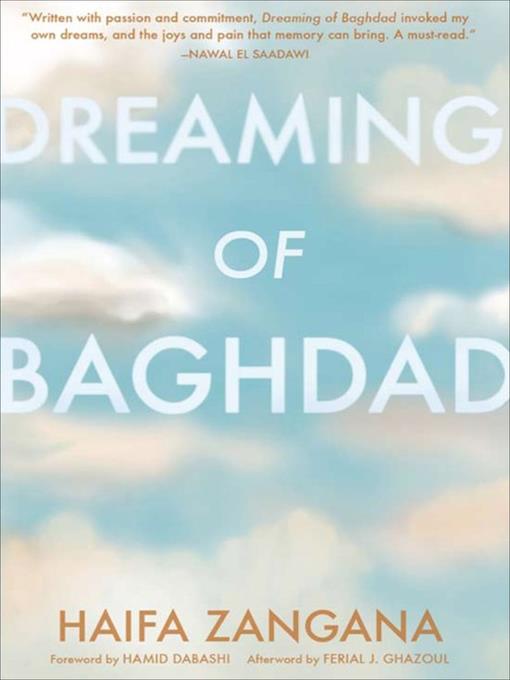
Dreaming of Baghdad
کتاب های مرتبط
- اطلاعات
- نقد و بررسی
- دیدگاه کاربران
نقد و بررسی

September 1, 2009
Like a dream, this account of imprisonment and torture in Baathist Iraq has no single narrative. It swings from sharp snapshots of slight but pivotal moments to images more difficult to make out, memories of a being who has been partially stripped of selfhood. As shown by many works on torture (e.g., Carlos Liscano's "Truck of Fools"), the body's memories of torture are not easily connected to knowledge or to words. The memories exist outside biographical time, and the conscious mind cannot make sense of them. Zangana does not reconstruct her broken self into a heroine but into someone less coherent and more necessary. The book feels unfinished, as Zangana's trauma itself cannot be brought to a close. This is not easy reading, although the afterword by Ferial J. Ghazoul helps provide historical context. VERDICT Recommended for readers exploring beyond the broad lines of modern Iraqi history or pursuing testimonials about torture.Lisa Klopfer, Eastern Michigan Univ. Libs., Ypsilanti
Copyright 2009 Library Journal, LLC Used with permission.

Starred review from September 1, 2009
In this extraordinarily intimate memoir Zangana lays bare the trauma of torture and the special grief carried by those who survive it. Recalling her political initiation in early 1970s Iraq, she writes of a hope to change the world by resisting Saddam Husseins powerful Baath Party. Captured, imprisoned, tortured, and exiled, Zangana has known little peace in the decades since. Rather than recall the seminal moments of her life in a linear fashion, she crafts a series of linked stories, letters, and memories. She writes of her family and friends, life in Iraq with the opposition, and her current home in London. Most startling are accounts of her arrest and torture as she describes the men who interrogated her, how she was presented with the beaten bodies of her friends, and how those who beat her were later executed themselves. The power in Zanganas painful story and the beautiful way she shares it are almost too much to bear. Memory, she writes, . . . is the unwritten record of the past. Its only partner is forgetting. Zangana has written and thus preserved her story in an indelible book of genuine shock and awe.(Reprinted with permission of Booklist, copyright 2009, American Library Association.)

























دیدگاه کاربران